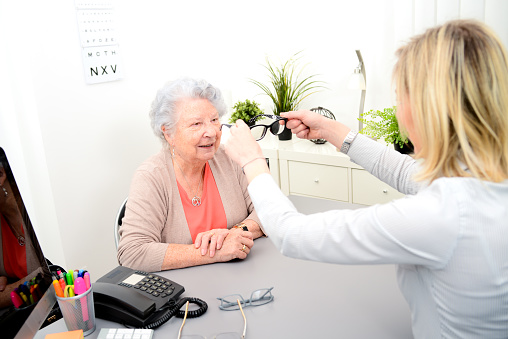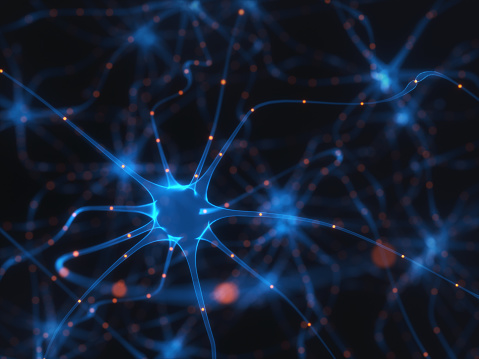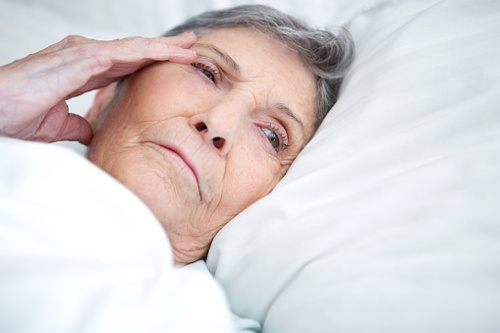Walking over 4,000 steps a day found to improve cognitive ability in adults 60 and older
Memory loss can disrupt a person’s daily life, present challenges with planning or problem solving, and even make it difficult to perform previously familiar tasks. These are all attributes of a condition called Alzheimer’s disease, which affects nearly 5.5 million Americans today. While being forgetful from time to time is not much of a concern, ...click here to read more




















